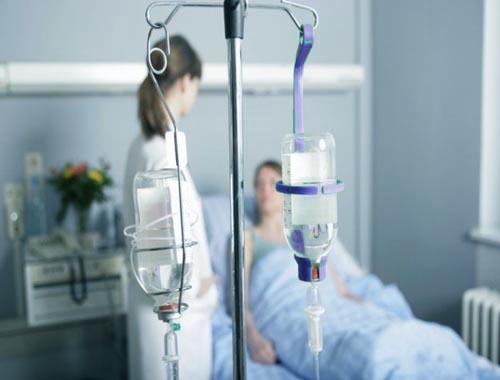
Published: 29 Mar 2025 Frequent Urination plus Excessive Thirst plus BUN and Creatinine tool
When considering frequent urination, excessive thirst, and changes in BUN (blood urea nitrogen) and creatinine levels, it's crucial to understand that these symptoms can point to several potential underlying conditions.
Here's a breakdown of the relationships and what they might indicate:
Understanding the Components:
Frequent Urination (Polyuria):
This can be caused by various factors, including:
Diabetes mellitus
Kidney disease
Urinary tract infections (UTIs)
Certain medications
Excessive fluid intake
Excessive Thirst (Polydipsia):
Often linked to frequent urination, as the body attempts to replace lost fluids. Common causes include:
Diabetes mellitus
Dehydration
Kidney problems
BUN and Creatinine:
These are waste products in the blood, and their levels are used to assess kidney function.
BUN: Measures the amount of urea nitrogen in the blood.
Creatinine: Measures the level of creatinine, a waste product of muscle metabolism.
Elevated BUN and creatinine levels typically indicate impaired kidney function.
Potential Connections:
Kidney Disease:
Damaged kidneys may struggle to filter waste products, leading to increased BUN and creatinine levels.
They may also have difficulty regulating fluid balance, resulting in frequent urination and excessive thirst.
Diabetes Mellitus:
High blood sugar levels can overwhelm the kidneys, causing them to work harder to filter and excrete glucose.
This can lead to increased urination and subsequent thirst.
In some cases, diabetes can also contribute to kidney damage, affecting BUN and creatinine levels.
Dehydration:
Severe dehydration can elevate BUN levels, as the kidneys attempt to conserve water.
It also causes excessive thirst.
While creatinine can also be effected by dehydration, BUN is more sensitive to dehydration.
Urinary Tract Infections (UTIs):
While UTIs primarily cause frequent and painful urination, severe infections can sometimes affect kidney function and, consequently, BUN and creatinine levels.
Key Considerations:
The BUN/creatinine ratio is also important, as it can provide additional insights into the cause of kidney dysfunction.
It's essential to consider the patient's medical history, other symptoms, and additional test results for an accurate diagnosis.
It is very important to consult with a medical professional.
In summary:
The combination of frequent urination, excessive thirst, and altered BUN/creatinine levels warrants a thorough medical evaluation to determine the underlying cause.